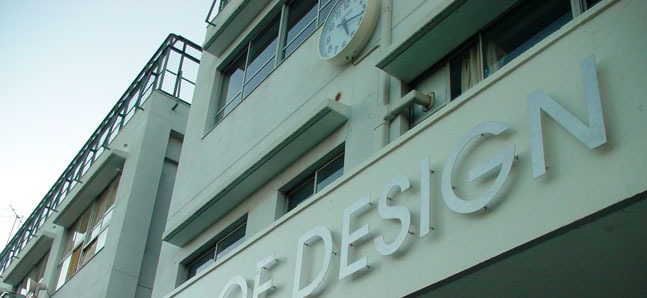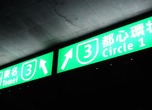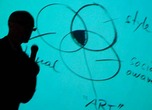
IID Setagaya Monozukuri Gakko
Posted: Tue May 04 2010
Images of school classrooms, gymnasiums and playgrounds are something we can all relate to, however, for many people the memories are all they have left of their former schools. Although Tokyo is home to nearly 10% of Japan’s total population, because of Japan’s overall declining birth rate (among other issues), the city’s public elementary and junior high schools steadily continue to close, leaving nothing but empty school buildings in their wake.
The thought of potentially disused buildings is enough to make any urban planner sweat, and with land in Tokyo at such a high premium (even when compared to the rest of the world) these empty schools represent fantastic resources for those with the right ideas.
Over the last few years, the number of offices, museum, event spaces and workshop studios opening in old school buildings has risen noticeably. Adding to their value, many of these facilities, which are often intertwined with the local communities, are free to enter – with some spots even including cafés where visitors can unwind and relax.
Here is just a sampling of how Tokyo’s old school buildings can be repurposed into something still vital. Whichever place you choose to visit, be prepared to go back to the old school with a new twist.
IID Setagaya Monozukuri Gakko
Ikejiri Institute of Design (IID) Setagaya Monozukuri Gakko opened on the grounds of the old Ikejiri Junior High School in October 2004. In addition to offices, galleries, private display rooms and a café called ‘Go Slow Café’. The facility also has multipurpose spaces that can be used for exhibitions and events. The facility regularly hosts workshops, in which professional artists and designers are on hand to give instruction; it has earned a reputation for itself as a multi-faceted community centre of sorts through running a range of events for both children and adults.
(Full details & map)
3331 Arts Chiyoda
A large multi-level art centre that opened in Akihabara in March 2010, 3331 Arts Chiyoda occupies the site of the old Rensei Junior High School. In addition to housing galleries and exhibition spaces – and opening the old schoolyard as a public park – the facility also makes use of the school roof and gymnasium and has various year-round workshops and events slated to go off. The name ‘3331’ comes from a play on the old Edo custom called ‘Edo Ippon Jime’, whereby a person would shout ‘Iyo-o!’ and clap their hands 3 times, followed by another 3 claps, and the another 3 claps before finally ending with a single clap.
(Full details & map)
Tokyo Toy Museum
Located in the former Shinjuku Kuritsu Yotsuya Elementary School, Tokyo Toy Museum exhibits not just Japanese toys, but those from all over the world and is a place for all ages to enjoy. In addition to rooms–former classrooms – dedicated to various categories of toys, from traditional Japanese toys to board games, the museum also houses a museum shop, a relaxation space, and more. The museum clearly welcomes those with smaller children, providing breastfeeding and nappy-changing facilities. Refer to the website for details on the changing round of events and exhibits. There is no on-site car parking, so those who come by car should do a bit of homework ahead of time; local parking spots vary in price, so you might want to hunt around a bit before deciding on a place.
(Full details & map)
Geino Kadensha
An organization involved in activities such as gathering information and conducting research and studies relating to Japan’s entertainment and performing arts industries, the Japan Council of Performers’ Organizations (abbreviated to Geidankyo in Japanese) operates Geino Kadensha, based in the former Yodobashi Daisan Elementary School. The space is intended for groups involved with entertainment and the performing arts. The old school buildings are used to provide spaces for rehearsals, training and meetings, and they regularly host various entertainment and performance arts related events and workshops.
(Full details & map)
Nishi-Sugamo Arts Factory
Nishi-Sugamo Arts Factory, a base for cultural arts creatives opened in August 2004, is situated on the previous premises of Asahi Junior High School. In addition to providing training rooms and music rooms, they also run various art programs and house a café, Camo Café, on the building’s first floor.
Address: 4-9-1 Nishi-Sugamo, Toshima, Tokyo
Open: various times, closed 4th Wed of every month
Website: sozosha.anj.or.jp/
Camo Cafe
Website: camo-cafe.anj.or.jp/
Tags:
Tweets
- About Us |
- Work for Time Out |
- Send us info |
- Advertising |
- Mobile edition |
- Terms & Conditions |
- Privacy policy |
- Contact Us
Copyright © 2014 Time Out Tokyo













Add your comment